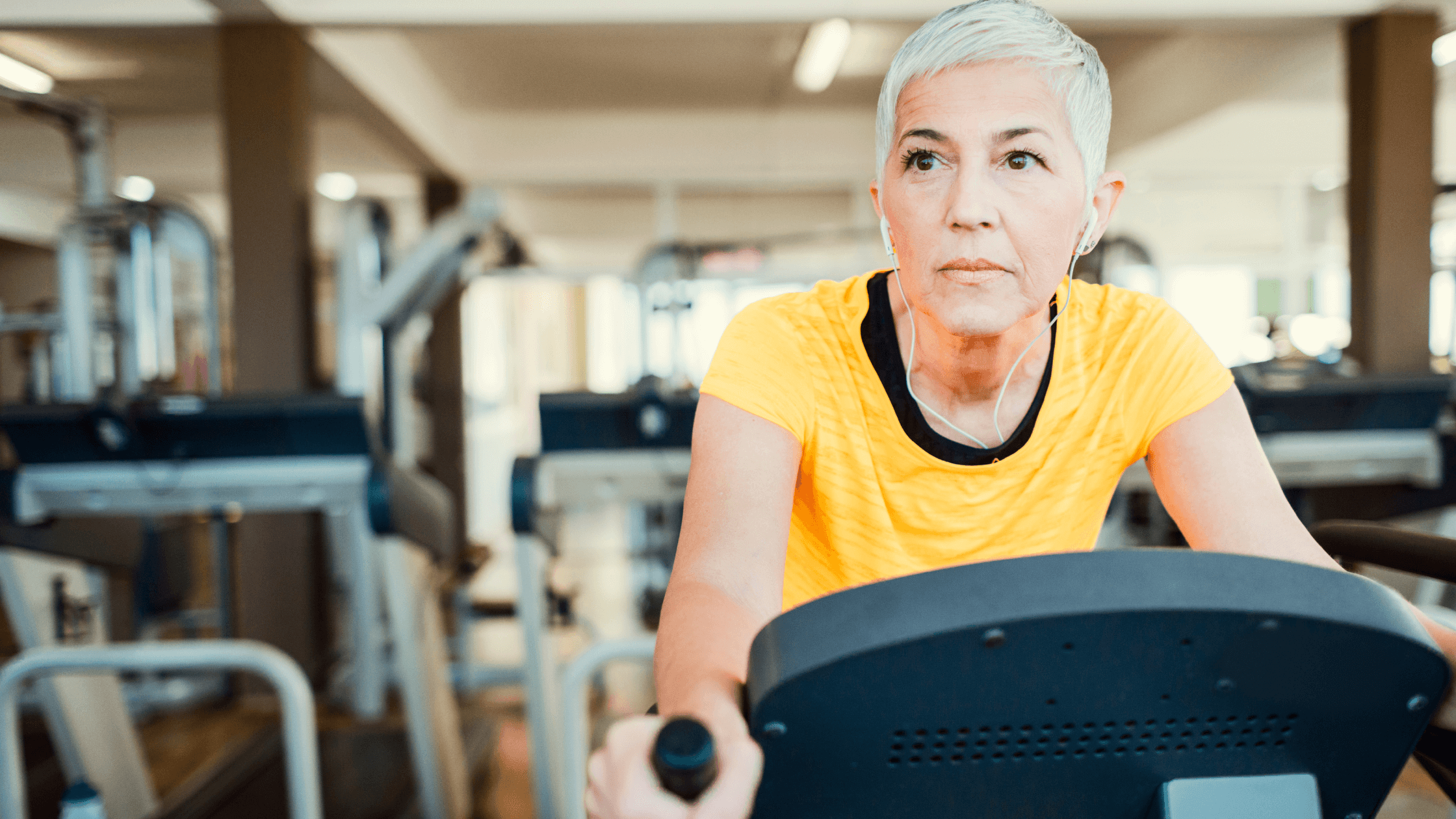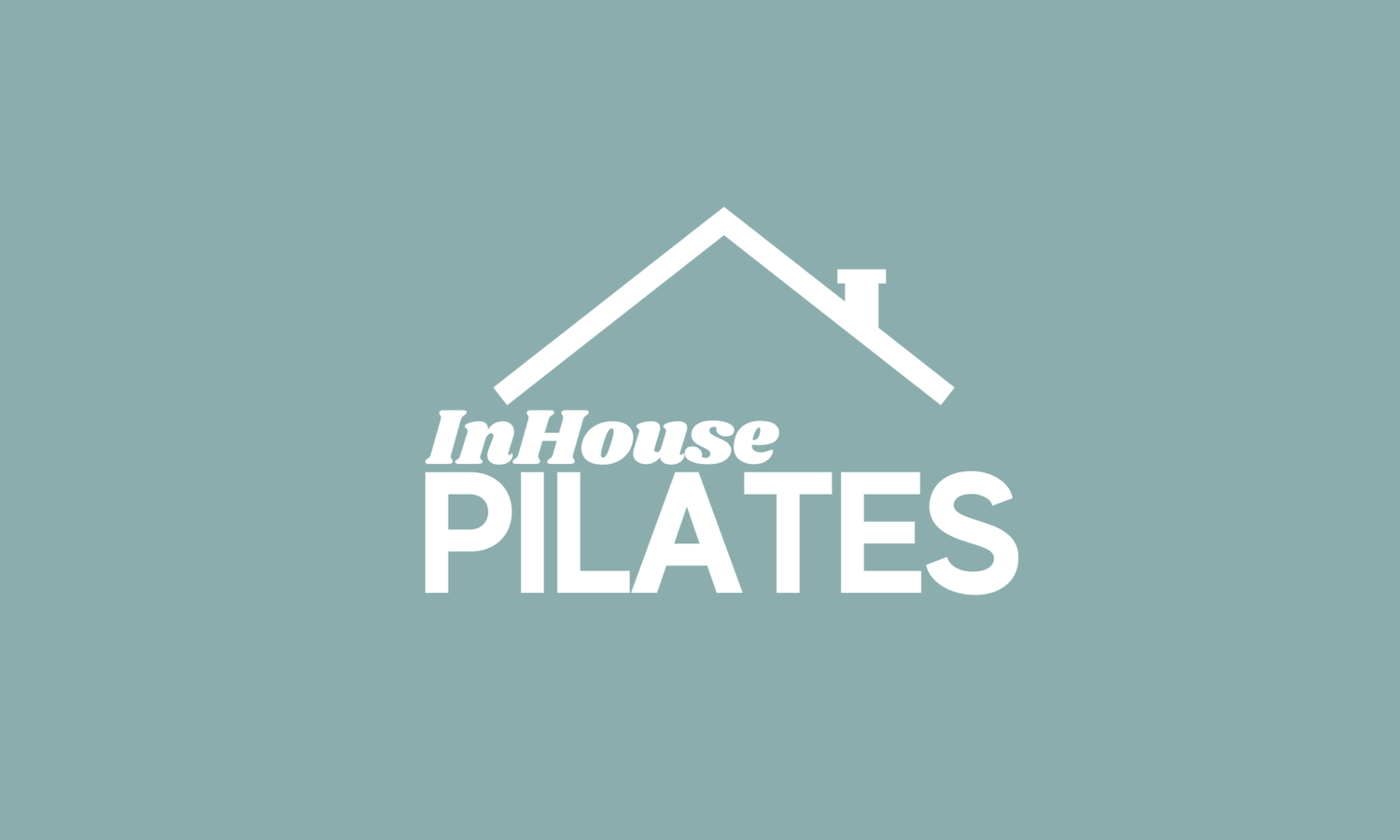
Bowel Cancer Awareness Month 1-30 June.
Bowel cancer, also known as colorectal cancer, is the second most commonly diagnosed cancer in Australia. Early detection is crucial, as almost 99% of cases can be successfully treated if found early. Learn about risk factors, symptoms, and the importance of regular screenings to protect your health.

Mindset matters: Transform your health goals.
You had your New Year’s resolution to lose weight and get fit, but now it’s February, and nothing’s changed. Sound familiar? The key to lasting success isn’t just willpower—it’s your mindset. Exercise shouldn’t be a punishment for what you’ve eaten or just about burning calories. It should be a way of life, a tool to stay strong and healthy.
To break the cycle of frustration, focus on why you want to move. Is it to keep up with your grandkids? To feel energised for daily activities? When exercise becomes about long-term health rather than quick fixes, consistency follows.

9 Barriers preventing over 50s from exercising and how to overcome them.
Discover the 9 common barriers preventing women over 50 from exercising and how to overcome them with practical tips. From lack of time and motivation to health concerns and finances, learn how to prioritise your wellbeing with simple, age-appropriate solutions. It's never too late to start.

Cervical Cancer Awareness Week 10-16 November.
Cervical Cancer Awareness Week highlights the importance of prevention for women over 50. Discover how updated cervical screening guidelines and the HPV vaccine can help protect your health. Stay informed, proactive, and empowered—because cervical cancer is preventable and treatable when caught early.

How women over 50 can overcome common strength training barriers.
Strength training offers numerous benefits for women over 50, but many face barriers that prevent them from starting or sticking with it. These barriers can be physical, such as health conditions or fatigue; psychological, like lack of motivation or fear of injury; or social, including lack of support or cultural norms. Understanding these challenges is the first step in overcoming them. By addressing both internal and external barriers, women can find practical solutions to incorporate strength training into their routine, leading to improved health and wellbeing.

